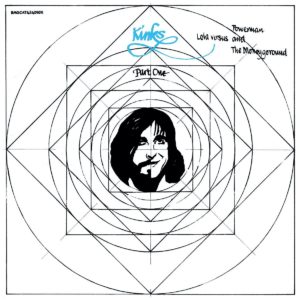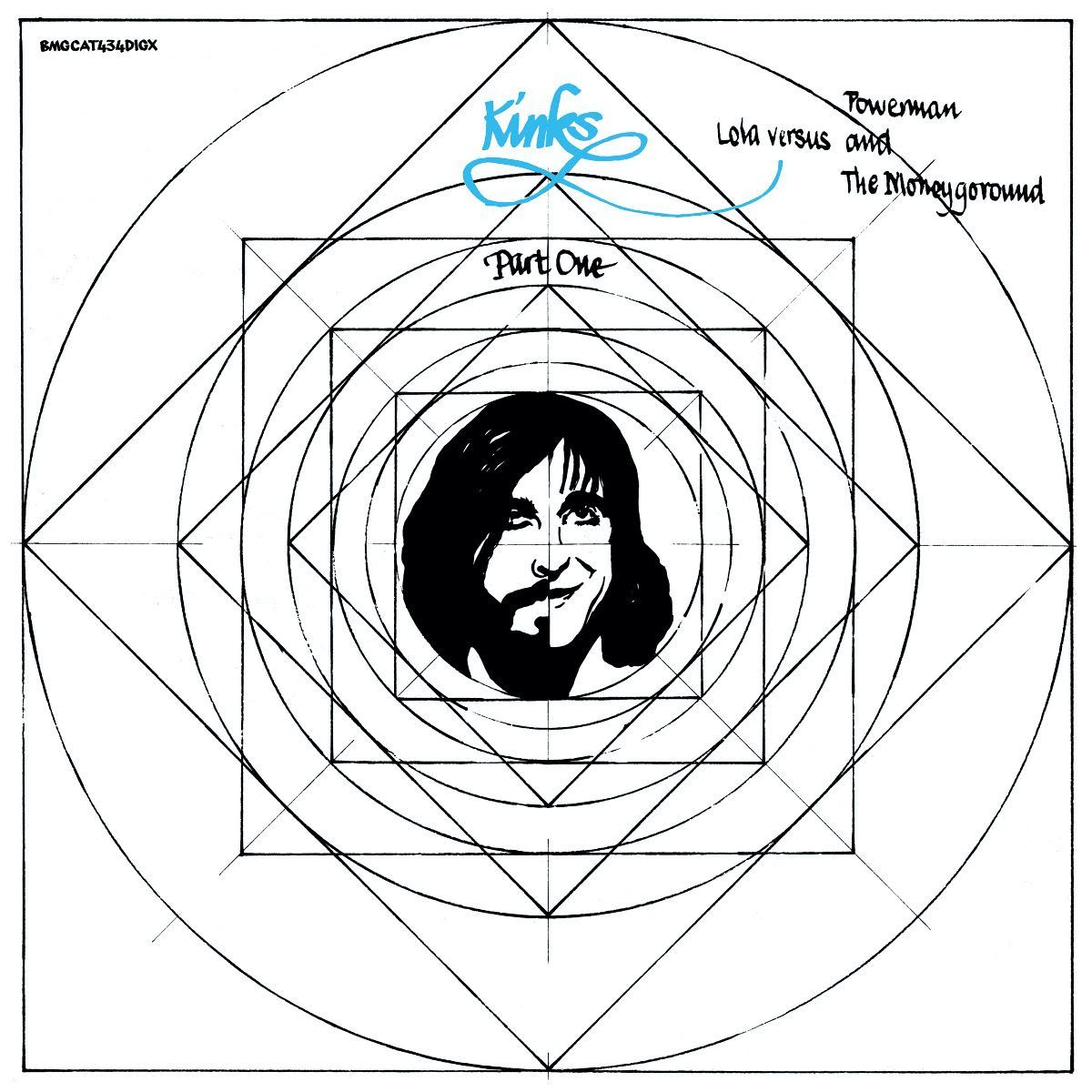 The Kinks
The Kinks
Lola Versus Powerman and the Moneygoround, Part One [Deluxe Reissue]
BMG
9/10
As the third of The Kinks’ longform Brit-literary concept albums after The Kinks Are the Village Green Preservation Society and Arthur (Or the Decline and Fall of the British Empire), Ray Davies happened upon a topic beyond suburban London’s bucolic gardens and one man’s post-WWII obsession (with Australia) in that of the songwriting singer’s own bittersweet relationship to the music industry that had forever scorned and soured him.
Tied, too, to themes of his own neuroses (and those of his equally paranoid guitarist brother Dave), the politics of distrusted unions and welfare states (“Get Back in Line”), an empathy toward LGBT lifestyles (“Lola”), and a disgust with society at large (“Apeman”)—all combined with the band’s boldest-ever sound in its muscled mix of ornate gentle folk and crunching hard rock—The Kinks finally struck gold, literally and figuratively, in 1970, without losing their quaint decorum or piquant verve. If anything was an enabler of glam pop, it was Lola.
“The album is a celebration of artistic freedom (including my own) and the right for anyone to be gender free if one wishes,” said Ray Davies in new liner notes for the occasion of Lola’s fifth decade. Fifty years after its release, and now stretched with worthy rarities such as “Lola”’s original B-side “Berkeley Mews,” a gospel-McCartney-like “Anytime,” a handful of alternate original mixes, previously unreleased session and live tapes, instrumental and acoustic versions, and BBC demos, it’s the new stereo mix of Lola Versus Powerman and the Moneygoround, Part One that will hold you enthralled.
An album that needed to be played loud for maximum dramatic effect, Brother Ray is in harsh, humorous, finger-pointing form in what must be a music biz cautionary tale of taking journalists to task (“Top of the Pops”) or putting bad managers to the lash (“The Moneygoround”), of haranguing publishers (“Denmark Street”) and thrashing old school label executives (“Powerman”). For all the cat-scratch bitchiness that “Lola” holds like a dagger, there’s elegant, melancholy balladry to behold and hold dear in “A Long Way From Home” and “This Time Tomorrow.” While touching on the Davies boys’ working class roots, Lola trashes the very system that made them legends, and bites the hands that fed them until they were raw.









